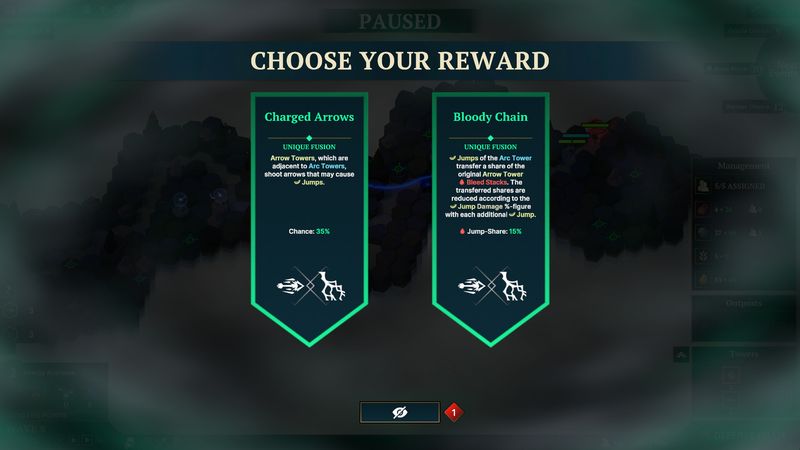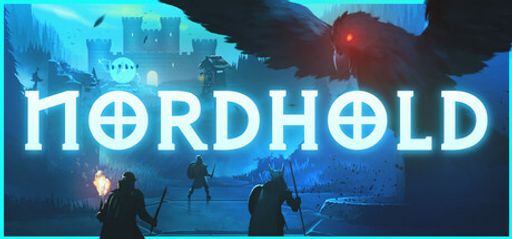I’ve spent countless hours immersed in competitive titles, and I eagerly challenged Nordhold by StunForge. As a dedicated gamer, I seek titles that push the boundaries of gameplay mechanics and strategic depth. Nordhold doesn’t disappoint in that regard, though it also presents some shortcomings that left me with mixed feelings.
Overall Impression
At its core, Nordhold delivers a Tower Defense experience with a twist. The game challenges players to build a city while bracing for relentless enemy waves. You construct defenses and manage an economy that powers your military might. Every decision, upgrade, and strategic placement can tip the scales between victory and defeat. I appreciate how the game blends city-building with tower defense. This combination demands tactical planning and a clear grasp of long-term goals. However, not every aspect aligned with my high standards.
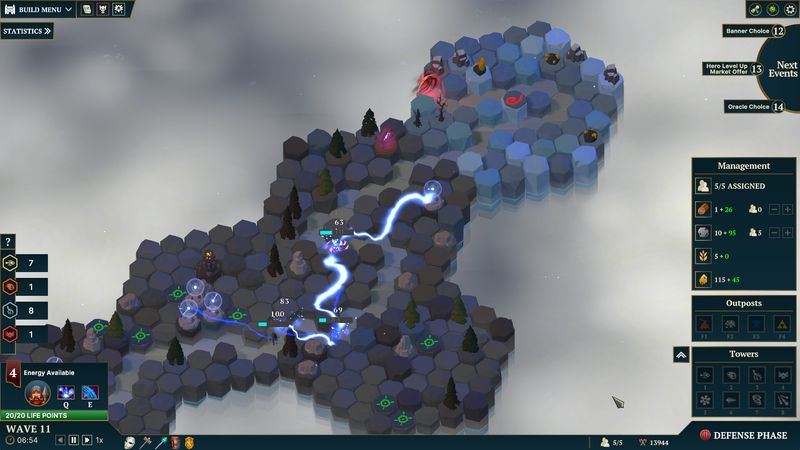
Gameplay Mechanics
Nordhold builds its gameplay foundation on intricate meta progression. The game encourages experimentation with a set of eight towers. Each tower features a generic upgrade track after leveling up. This design choice initially felt limiting. Yet, the Banner and Relic systems add spice to the experience. Banners create synergies between specific towers. Optimizing these combinations enhances overall defense in unique ways. In theory, this system offers a distinct edge and boosts replayability. In practice, I found it the only real source of variety in an otherwise static environment.
A major point of contention lies in how Nordhold uses meta progression as a gatekeeper for success. Critical upgrades remain locked behind systems that resemble power creep. I attempted to conquer early waves without leaning into meta progression, hoping skill and strategy would suffice. Instead, sudden difficulty spikes undermined my carefully planned moves. Once I met the meta requirements, the game shifted from an engaging challenge to a repetitive grind. This design reduces the tension and satisfaction of overcoming challenges through strategic prowess alone.
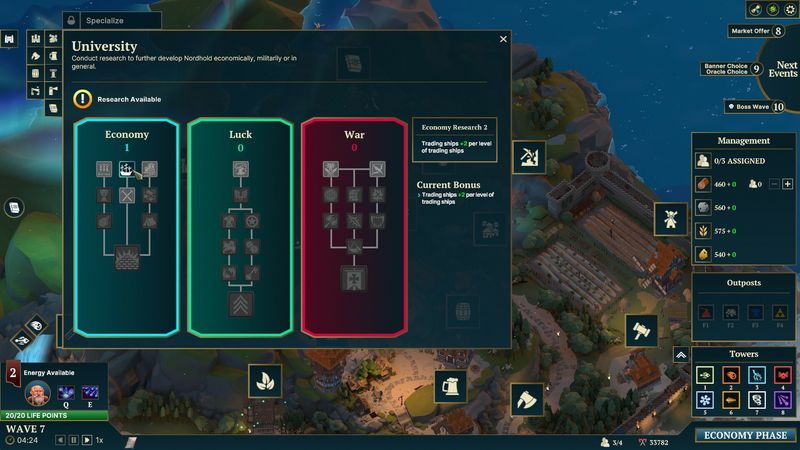
Additional Thoughts
The enemy wave structure also contributes to this issue. While the map evolves through procedural generation, enemy compositions stay predictable. The difficulty curve appears built around a static DPS (damage per second) gate that never changes. I craved opportunities to study enemy behavior and learn from each wave. Instead, unexpected tower failures left me puzzled about which upgrade might have saved the defense. This approach diminishes the crucial training element found in top-tier strategy games.
Tower defense thrives on its challenges, and Nordhold delivers a compelling core loop. Every well-timed tower placement and successful defense brings a tangible sense of triumph. However, when unexplained defeats interrupt a sound strategy, it breaks the rhythm. For hardcore gamers like me, who value clear feedback and strategic clarity, these moments frustrate. My love for methodical gaming keeps me from overlooking such uncertainty.
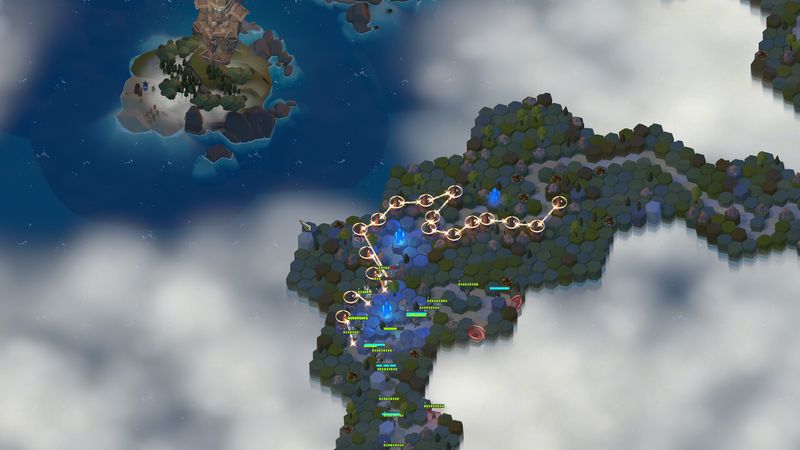
Beyond its gameplay mechanics, Nordhold endeavors to transport you to a mythic realm. The game floats on the rich lore of Norse mythology, daring you to prove your worth before the gates of Valhalla. The narrative is woven into the city-building aspects and the progression of your hero. While the story is not as deep as those found in narrative-driven titles, it offers a satisfying backdrop to the action. Unfortunately, I found the characters to be somewhat underdeveloped. I expected memorable figures whose personal tales could elevate the setting. Instead, the characters seem to be placeholders, supporting a broader world that feels intriguing but unrealized. This is a missed opportunity for further immersion.
Visuals and Graphics
Visually, Nordhold is a study in minimalist design. The graphics are clean, with a style that echoes classical Norse art. The color palette reinforces a mythic atmosphere, inviting you to a world where aesthetics meet strategy. I found that the visual design complements the gameplay. Each tower, enemy, and city structure is rendered to maintain the game’s tone without resorting to flashy animations. Although the art style may not be revolutionary, it serves the purpose well by providing clarity and readability during high-pressure moments.
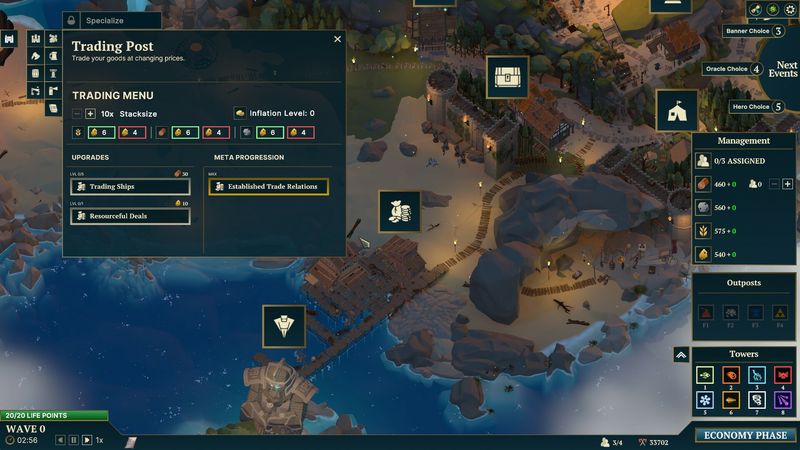
Sound and Music
The auditory experience in Nordhold is equally engaging. The soundtrack upholds an epic tone, fitting the theme of Valhalla and heroic defense. Musical cues are especially effective during enemy waves, where rising tension is mirrored by a dynamic score. Sound effects punctuate every collision and explosion, lending grit and realism to an otherwise stylized environment. In moments where clear audio cues could have provided additional in-game feedback, I felt the sound design enhanced the experience. Perhaps more voice acting could have imbued the hero and supporting characters with greater personality. Yet, the overall soundscape stands out as a solid complement to the visual and gameplay components.
Difficulty and Replayability
Difficulty progression in Nordhold is a double-edged sword. On one hand, the challenge can be immensely satisfying when your banner synergies and strategy come together flawlessly. On the other, the abrupt difficulty spikes and unpredictable failures throw off the learning curve. As a competitive gamer, I thrive on deciphering subtle cues and improving through incremental feedback. Nordhold, however, sometimes punishes runs so harshly that the path to victory feels marred by trial and error. Replayability is heavily tied to the banner and relic systems. They offer a level of customization that encourages multiple playthroughs. But if you are not chasing high scores or deeper meta progress, the game can feel repetitive due to its static enemy compositions. As a result, true mastery appears possible only for a subset of its dedicated fan base.
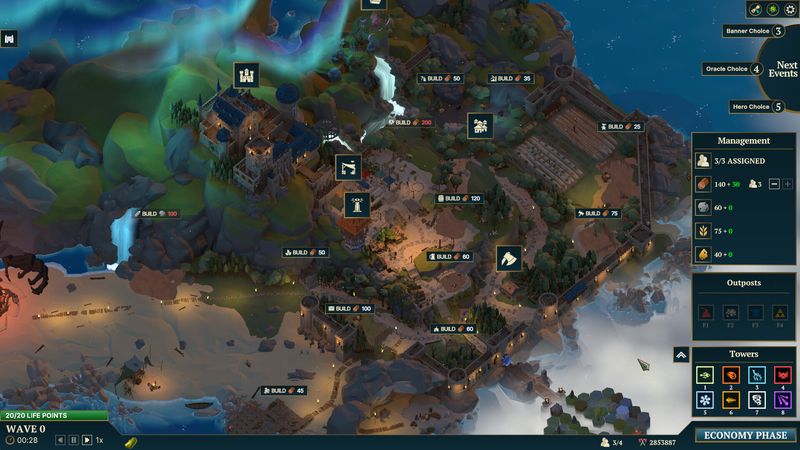
Summary
Nordhold is ambitious in both concept and execution. It pushes the envelope of what a Tower Defense game can be by fusing city-building elements, meta progression, and roguelike systems. Several design choices show promise, particularly the dynamic interplay of banners. This affords a high level of strategic experimentation rarely seen in the genre. Yet, the game is hindered by its steep reliance on meta progression and insufficient in-game feedback. These shortcomings create moments of impenetrable difficulty that can frustrate even the most seasoned players.
I appreciate the underlying ambition of Nordhold and recognize that it may resonate well with gamers who favor deep customization over incremental learning. For those seeking a flawless strategic progression, the game may appear lacking. In my view, the title is competent but requires refinement. I can see myself returning to Nordhold to tackle its challenges from a new angle, even if the experience is not as polished as other offerings in the genre.
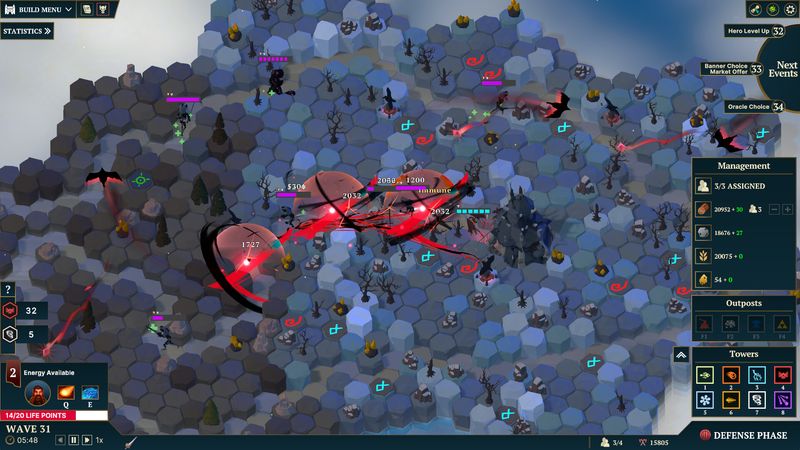
Rating
After a thorough evaluation, I award Nordhold 3 out of 5 stars. While it offers a unique twist on the Tower Defense formula, its reliance on gating mechanisms and occasional lack of clear feedback hold it back from true excellence. Nordhold is ultimately a title that can spark curiosity and reward certain playstyles, yet it still has room for improvement.
This review reflects my honest experiences as a dedicated gamer and strategist, always on the hunt for a game that rewards mastery with well-tuned challenges and a refined interface. Nordhold may not be the ultimate tower defense game, but for its price point and ambitious design, it certainly earns a place on the table for discussing strategy and innovation.
